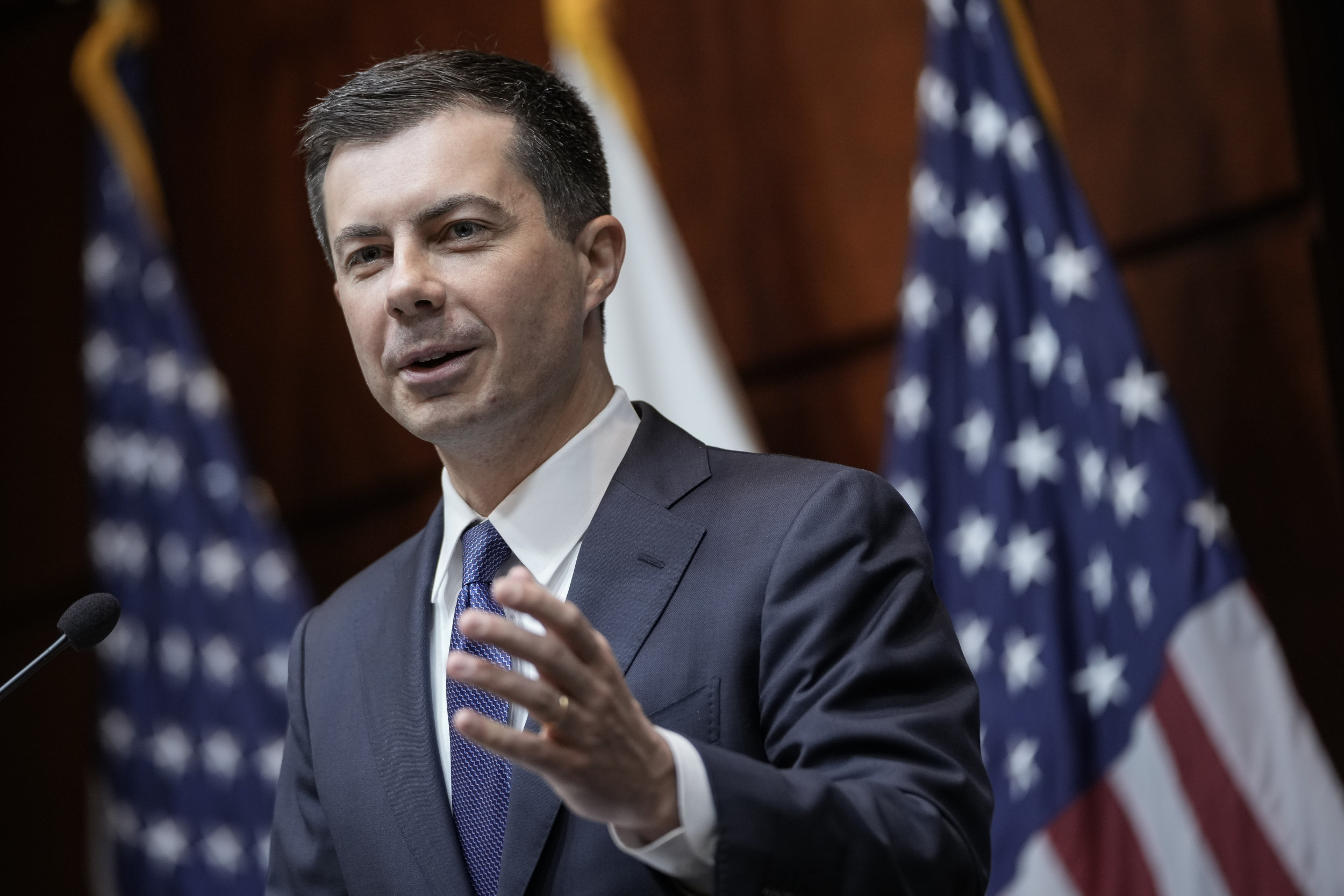Sources close to the Environmental Justice program at the Environmental Protection Agency said that workers there were told in a staff meeting on Wednesday that they would soon be placed on administrative leave. The move comes as federal agencies act to comply with President Donald Trump's executive order aimed at ending government activity related to diversity, equity and inclusion, or DEI.
"Some staff at least, if not all staff associated with Environmental Justice, will be placed on administrative leave likely before the end of this week," Matthew Tejada, the former deputy assistant administrator for Environmental Justice at the EPA, told Newsweek.
Tejada, who is now the senior vice president of environmental health for the nonprofit Natural Resources Defense Council, said there are roughly 250 staff in the EPA's Office for Environmental Justice and External Civil Rights. About 100 of those work in the EPA's Washington, D.C., headquarters and the others work from regional EPA offices around the country. It's not yet clear how many staff might be placed on leave, Tejada said.
As of Wednesday evening, he said, the EJ Screen, an important online tool used to better understand environmental impacts on communities, had been taken down.
"Public health officials use it, first responders use it, real estate agents use it," Tejada said. "It is used far and wide."

The EPA press office told Newsweek via email that as of Thursday morning, Office of Environmental Justice employees had not been placed on leave.
"EPA is working to diligently implement President Trump's executive orders, including the 'Ending Radical and Wasteful Government DEI Programs and Preferencing,' as well as subsequent associated implementation memos," the EPA's press office wrote.
The move to reduce staff raises questions about the future of the Environmental Justice program at the EPA, which dates to the early 1990s. In 2022, the office merged with the external civil rights office to become a national program, Tejada said.
The Environmental Justice program focuses on economically disadvantaged and politically marginalized communities that often suffer a disproportionate burden of air and water pollution and other environmental impacts. Those could include the fence-line neighborhoods near petrochemical facilities on the Gulf Coast, or rural settlements near mining operations in Appalachia or on tribal lands.
Tejada said those communities would lose an important voice if the Environmental Justice program were cut.
"They'll go back to the back of the line to wait, potentially another generation, to receive the sort of clean environmental benefits that most people in our country take for granted," he said.
Other programs at the White House and in other agencies related to Environmental Justice have also been put on pause. The Trump administration has removed the Environmental Justice section from the White House website, as well as the page for the program Justice40. President Joe Biden's Justice40 initiative aimed to ensure that at least 40 percent of the total benefit from environmentally related spending went to disadvantaged communities.
On Wednesday, a group of Democratic senators on the Senate's Energy and Natural Resources Committee sent a letter to newly appointed Secretary of Energy Chris Wright urging him to protect the Office of Energy Justice and Equity within the Department of Energy.
The letter points out that the Office of Energy Justice and Equity was established by Congress and therefore cannot be eliminated without congressional action.
"The law does not allow the Secretary of Energy to terminate the Office of Energy Justice and Equity," the senators wrote. "Only Congress has that power."
Tejada, the former EPA official, said there is a similar question of constitutional separation of powers regarding the EPA's Environmental Justice office.
"We are anxiously awaiting for Congress to hold the line of their authority and push back on this administration's illegal overreach in terms of freezing funding for overburdened communities," he said.
Michelle Roos, executive director of the nonprofit Environmental Protection Network, said environmental justice programs are not the same as DEI programs, and reducing or eliminating the EJ office would place an additional burden on low-income communities.
"In this witch hunt to push out 'wokeism,' you know who's going to suffer?" Roos told Newsweek. "Folks that are already in industrialized areas experiencing a disproportionate amount of the pollution and the health impacts from that pollution and who have a lot less economic power to fight that."














)





 English (US) ·
English (US) ·